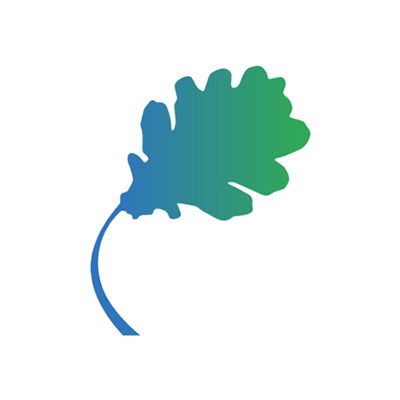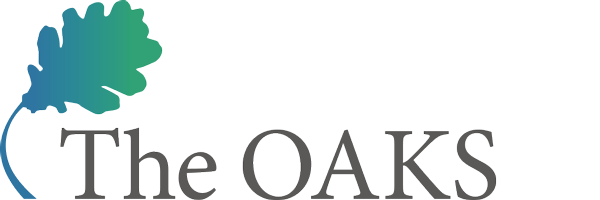Languages
We welcome speakers of a variety of languages including French, German, Spanish and Italian. Providing our partnership schools can host your language, we will be able to provide experience in teaching it. French, German and Spanish are the main languages and these are used during session time where appropriate.
Entry requirements
- An Honours degree in at least one language
- A second language to offer or the willingness to take on a second language to teach at beginners level
- Native speaker level of language with a degree qualification.
A busy and vibrant languages programme
- We offer the opportunity of a trip to France to an outdoor education centre at Easter with other trainee teachers to sample how effective such a trip can be to motivate learners.
- We encourage communication through professional partnerships to maintain and improve subject knowledge, such as language exchanges on campus and through digital technologies.
- We seek every opportunity to promote languages within the University and in the local area, for example, we run our own Languages Café weekly and invite friends, students and staff on campus to join us.
- We welcome visitors from other countries in the spirit of international collaboration, such as trainee teachers from Limoges University (IUFM).
- We encourage joining the Association for Language Learning and the attendance of professional conferences such as the Association for Language Learning ‘Languages World’ and ‘Languages Live’ in London.
- We aim to promote positive attitudes towards languages and the teaching profession by, for example, attending school career fairs.
All languages course participants undertake areas of study in the learning, teaching and assessment in modern foreign languages. The OAKS course is built upon Languages in the National Curriculum, the standards for the award of Qualified Teacher Status and the needs of trainee teachers, pupils and schools. Languages sessions will essentially look at ways of teaching languages content through the 11–18 age range.
Typical topics for languages sessions
- The learning and teaching of vocabulary, verbs and grammar. We look at how languages are learned by reflecting on our own learning and we practise modelling innovative, practical ideas for teaching. Sessions are creative and collaborative and idea sharing is always encouraged!
- The formative and summative assessment of languages including Assessment for Learning (AFL) and exam preparation according to the latest GCSE and A level specifications
- The use of authentic resources in the classroom – such as literature, theatre and film, across all Key Stages
- The teaching of languages ‘cross phase’ – exciting ideas and opportunities for teaching languages in and with the primary sector.
An essential part of the course is learning how to create a stimulating and caring environment. To help create such an environment, you need to be enthusiastic and lessons need to be well planned and related to the needs of all pupils of all abilities.

You need to be passionate about your languages and the countries where they are spoken!
Lessons need to be conducted in a well-organised way with a positive approach to management through well-paced, exciting planning. You will be able to prepare in advance for handling different situations since strategies for good behaviour management are vital to a languages classroom. Language learning is active and sometimes noisy but this needs to happen in a controlled situation to be effective for learners!
You will be encouraged to make use of Digital Technologies for learning and teaching languages. Considerable attention is given to the use of Digital Technologies during our course. We also place emphasis on the development of your skills in Digital Technologies (both personal and professional) and provide a wealth of opportunities for you to become a highly competent, skilled technology user, whatever your starting point.
School experience
There are excellent working relationships between colleagues at our lead schools, the OAKS and other partnership schools that will contribute to your professional development. All schools have subject mentors who have been trained by us and they are responsible for your learning and development when on placement.
Course participants are assessed through written academic assignments and portfolios of evidence. Throughout your placements, you will be assessed against the National Teacher Standards. Your final award will be either a Postgraduate Certificate in Education or a Professional Graduate Certificate in Education, the outcome being determined by your performance in your formal academic assignments.
Language trainee teachers are eligible for tax-free bursaries. Click here for further details on funding.

